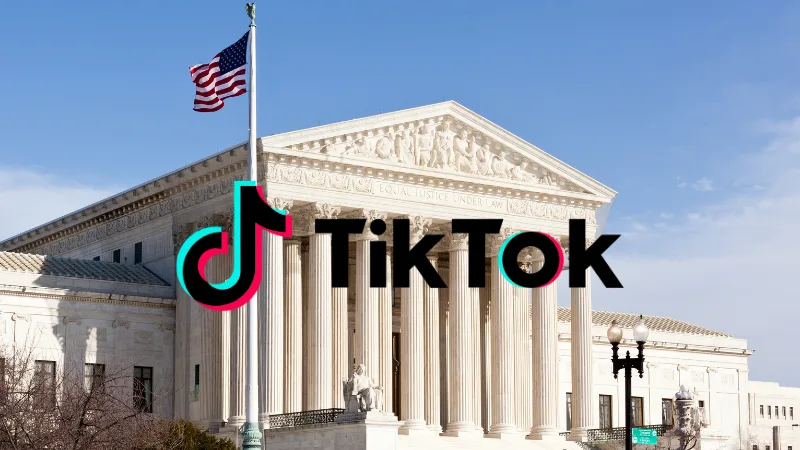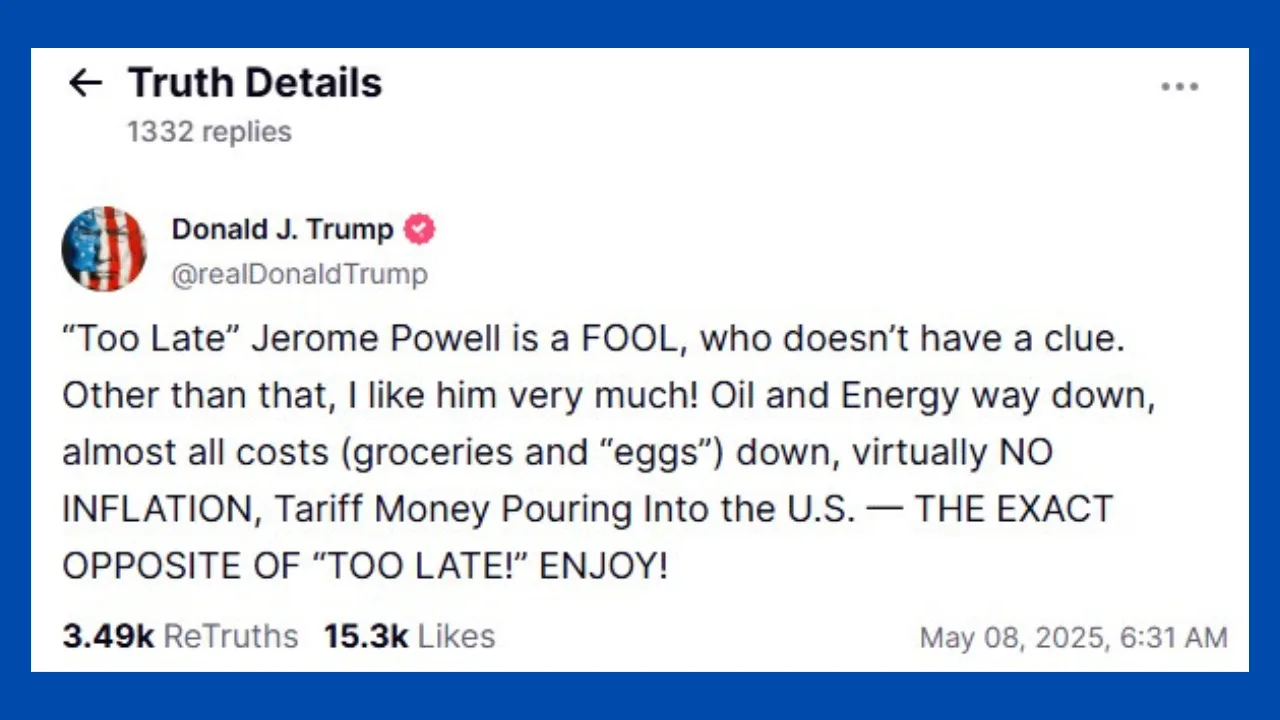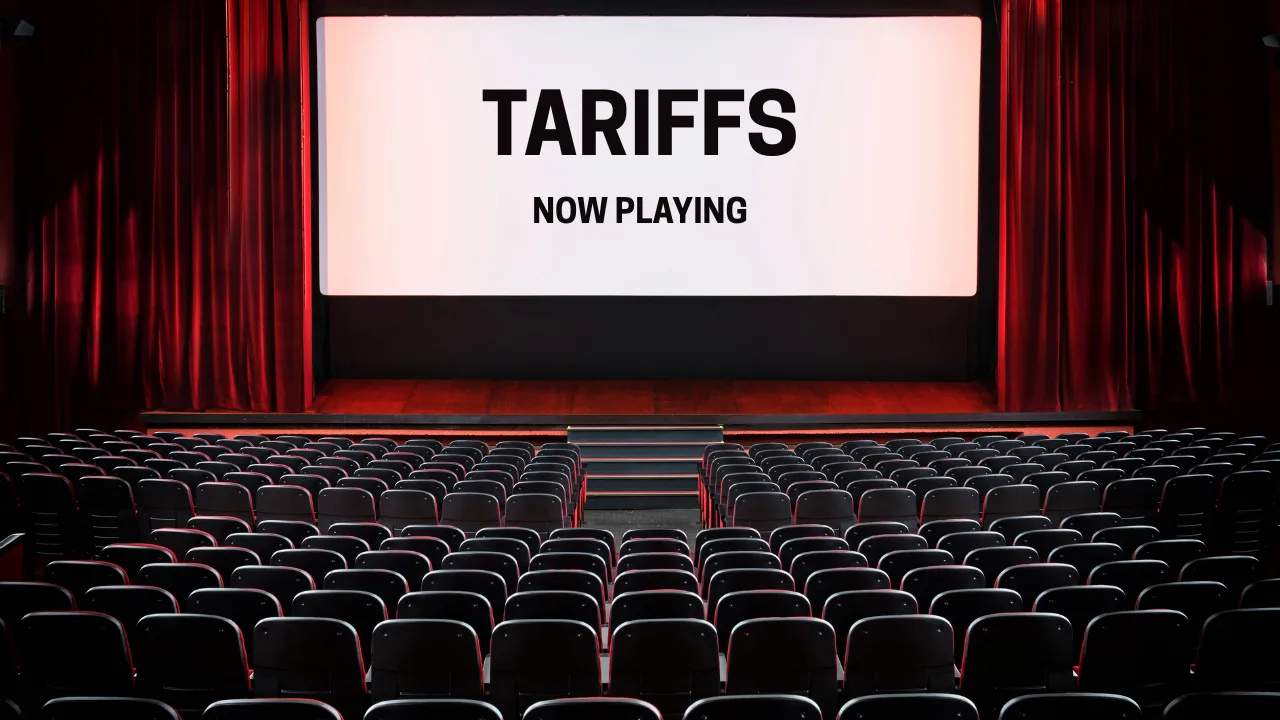As the U.S. Supreme Court deliberates on the potential ban of TikTok, the stakes couldn’t be higher for its 170 million American users and its Chinese parent company, ByteDance. The legal battle boils down to whether the U.S. government has overstepped its bounds by mandating TikTok’s divestment or outright ban in the name of national security. TikTok’s legal team has presented robust arguments that touch on constitutional rights, discrimination, and the lack of evidence supporting the ban. But does TikTok truly have a chance to avoid being banned in the United States? This article breaks down TikTok’s key arguments and evaluates its chances of success.
TikTok’s Core Arguments Against the Ban
First Amendment Violation
TikTok argues that banning the platform infringes on the First Amendment rights of its users and the company. As a medium for free speech, TikTok enables millions of Americans to share ideas, express creativity, and engage in political discourse. A ban, TikTok asserts, would silence this digital town square, setting a dangerous precedent for government control over private platforms.
No Proven National Security Threat
The U.S. government claims that TikTok’s ties to its Chinese parent company, ByteDance, pose a national security risk, particularly through potential data access by the Chinese government. However, TikTok contends there is no substantive evidence to back this claim. The company points to extensive measures it has taken, such as the “Project Texas” initiative, which involves storing U.S. user data exclusively on Oracle servers within the United States, monitored by American employees.
Selective Targeting and Discrimination
TikTok argues that it is being unfairly targeted due to its Chinese ownership. The platform has highlighted that other social media platforms, like Facebook and YouTube, also collect vast amounts of data but have not faced similar scrutiny. TikTok claims the actions against it are discriminatory and based on assumptions rather than concrete risks.
Economic and Social Fallout
TikTok has emphasized the economic and social consequences of a ban. Millions of creators, small businesses, and users rely on the platform for income, marketing, and community building. TikTok’s legal team argues that removing this platform would cause disproportionate harm to individuals and businesses in the U.S. economy.
Government Overreach
By demanding ByteDance divest from TikTok or face a ban, TikTok argues that the U.S. government is exceeding its legal authority. It views the forced divestment as a politically motivated overreach rather than a legitimate security measure, setting a troubling precedent for government interference in private enterprise.
Does TikTok Have a Legitimate Case?
TikTok’s arguments are grounded in significant constitutional, legal, and technical considerations:
- First Amendment: Legal experts acknowledge that banning TikTok could create precedent-setting issues around free speech, making this one of TikTok’s strongest points.
- Lack of Evidence: The U.S. government has not provided public, concrete evidence showing TikTok’s role in espionage or data-sharing with the Chinese government. This absence of proof strengthens TikTok’s argument.
- Economic Impact: The economic and social ramifications of a ban bolster TikTok’s case, making it harder to justify such drastic action without overwhelming evidence of harm.
However, TikTok faces challenges:
- National Security Deference: U.S. courts traditionally give deference to national security concerns, even if evidence is limited. This could work against TikTok if the government successfully frames the issue as a security threat rather than a free speech or commerce matter.
- Political Climate: Bipartisan concerns over Chinese influence could make it difficult for TikTok to win broad political or public support.
Does TikTok Have a Real Chance of Avoiding a Ban?
TikTok’s legal battle is uphill but not unwinnable. Its strongest arguments—First Amendment rights, lack of evidence, and economic impact—may resonate with the Supreme Court. However, the court may prioritize national security considerations over constitutional or economic arguments.
Here’s what could sway the case in TikTok’s favor:
- Insufficient Evidence: If the government cannot provide compelling evidence of national security risks, TikTok may successfully argue the case is built on speculation.
- Public Opinion: Growing skepticism about the ban could put pressure on policymakers to seek alternatives.
- Alternative Solutions: If TikTok can propose enhanced security measures (e.g., full U.S. operational control), the Supreme Court might view these as sufficient safeguards.
A Pivotal Case
TikTok’s fight against a U.S. ban is a pivotal case that could redefine the boundaries between national security, free speech, and government regulation of foreign-owned companies. While TikTok has presented a legitimate case, its chances of avoiding a ban will likely depend on how convincingly it can challenge the government’s claims of national security risks and frame the ban as an overreach of power.
This case is far from settled. If TikTok succeeds, it will affirm the strength of constitutional protections in the digital age. If it loses, it could mark a shift toward stricter regulation of foreign-owned tech companies. Either way, the outcome will have lasting implications for how governments navigate technology, security, and freedom of expression.





